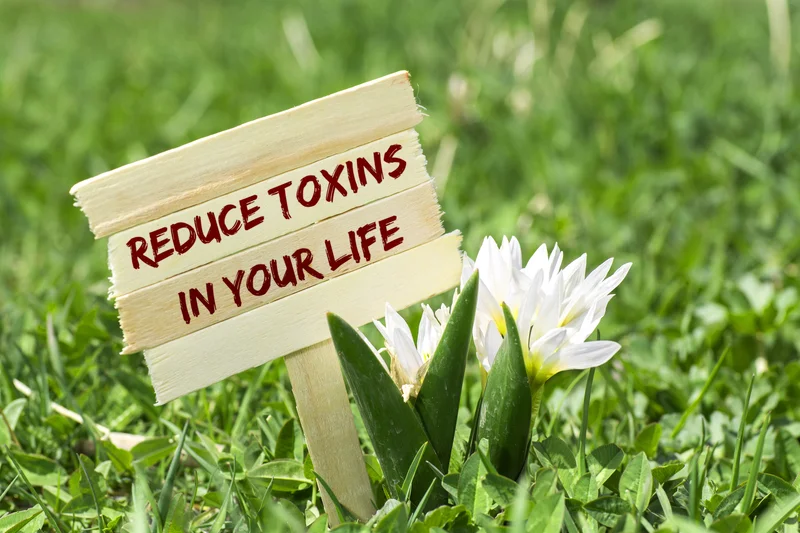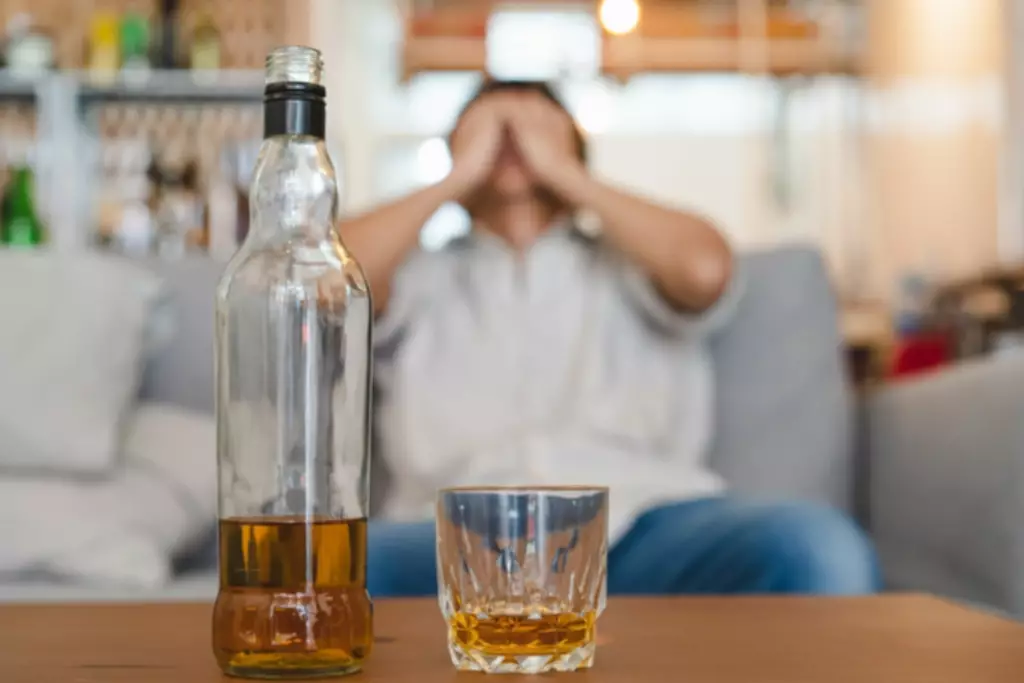
Maybe today you ate breakfast when you normally would have skipped it, or you reached out for support instead of isolating. Both conditions respond well to similar treatment approaches, particularly those that focus on developing healthy coping mechanisms and addressing underlying emotional issues. Some people struggle with both behaviours, either simultaneously or at different times in their lives. Understanding the similarities can help recognise patterns and develop coping strategies that address the underlying emotional needs both behaviours are trying to meet.
Understanding Binge Drinking and Its Definitions

According to the 2022 National Survey on Drug Use and Health (NSDUH), about 61 million people in the United States ages 12 and older, or 21.7%, reported binge drinking in the past month. While binge drinking is a concern across all age groups, certain trends are noteworthy. Binge drinking can be described as drinking too much alcohol in a short time. Although people commonly binge drink at ages 18-34, it can happen at any age.
- Depending on the severity of your situation, there are steps you can take to begin your journey to sobriety.
- Create a plan to help you develop a more mindful drinking relationship.
- However, there is a way to stop drinking that is quick and easy with no bad withdrawal and that is and Allen Carr’s Easyway to stop drinking.
- Maybe you feel overconfident in your ability to drive while intoxicated, or you don’t think of the risks involved with physical stunts or going home with a stranger.
- This approach slows the pace of drinking and helps maintain a reasonable limit.
Health Consequences of Binge Drinking
Alcohol use disorder is a learned behavior in the brain, and it can be unlearned with the right tools and treatment. Today, you can start to build healthier habits and avoid too much https://ecosoberhouse.com/article/dialectical-behavior-therapy-dbt-for-addiction-recovery/ alcohol. Read on to take control of your life and put binge drinking in the past.
Walk-In Alcohol Rehab Centers in Central Florida
Factors like affordability, advertising, and the presence of alcohol in social settings can influence the accessibility of alcohol. Social influences, such as peer pressure and the desire to fit in or be accepted within a social group, can play a significant role in binge drinking. Individuals may engage in excessive drinking to conform to social norms or because they perceive it as how to stop binge drinking a way to have fun, be more sociable, or gain social approval.

Share your concerns and ask for their support in your efforts to stop or reduce your drinking. The effects of binge drinking can vary depending on individual factors such as overall health, frequency, and duration of binge drinking episodes, and other lifestyle choices. These risk factors do not guarantee that an individual will engage in binge drinking, and many people with these risk factors do not develop problematic drinking behaviors. However, being aware of these factors can help identify individuals who may be more vulnerable and inform preventive measures and interventions. The Centers for Disease Control and Prevention (CDC) in the United States also states that one in six adults binge drinks about four times a month. Binge drinking refers to consuming a large amount of alcohol in a short period, resulting in a blood alcohol concentration (BAC) of 0.08% or higher.

For some people, it may Alcohol Use Disorder be certain social situations, like being around other drinkers or attending parties. For others, it may be specific emotions, like feeling bored, stressed, or anxious. The first step to stopping binge drinking is to identify your triggers. Once you know what sets off your urge to drink, you can start to avoid those triggers or plan for them in a way that doesn’t involve alcohol. After binge drinking, you’re more at risk of a range of physical issues. You might experience things like poor vision, an inability to concentrate, or reduced reaction times.
How to Overcome Stigma When Seeking Mental Health Treatment

Celebrating successes and staying committed to these goals is vital for long-term recovery. Support groups are particularly beneficial in providing accountability and helping individuals adhere to limits on alcohol intake. They serve as a valuable resource for learning how to navigate social situations without relying on alcohol. The communal aspect of support groups fosters a supportive environment conducive to recovery and long-term sobriety. Local treatment facilities offer services for those seeking help, from detoxification to aftercare. Individuals with AUD may also engage in risky behaviors, such as driving under the influence, and may suffer from health problems, including liver disease and cardiovascular issues.
- Annie has dedicated her life to helping people take back control of their lives and drinking.
- Binge drinking can also sadly and sometimes irreversibly affect an innocent bystander, who can be drawn into an intoxicated person’s chaos or have harm inflicted upon them.
- Overcoming binge drinking begins with practical, actionable steps you can implement in your daily life.
Brandon Okey is the co-founder of Ardu Recovery Center and is dedicated to empowering people on their journey to sobriety. If you need to attend an event where there will be alcohol, take a trusted support person with you. Hosted by Amy Morin, LCSW, this episode of The Verywell Mind Podcast shares strategies for coping with alcohol cravings and other addictions, featuring addiction specialist John Umhau, MD. Drinking too much can also make managing other health problems and conditions more difficult, such as diabetes, high blood pressure, and others.
Social Support Network
Binge drinking just once a week doesn’t protect you from developing cirrhosis; the act of binge drinking is inherently harmful. Your first 7 to 10 days are the toughest, marking the acute phase of alcohol detox. During this critical period, you’ll need the most support, and that’s where Ardu steps in. Our skilled medical professionals are dedicated to providing you with the personalized care you need to navigate this challenging time successfully. If you binge drink regularly, there’s a high probability that you either struggle with alcohol addiction or are on your way to developing alcohol addiction.
Leave a Reply